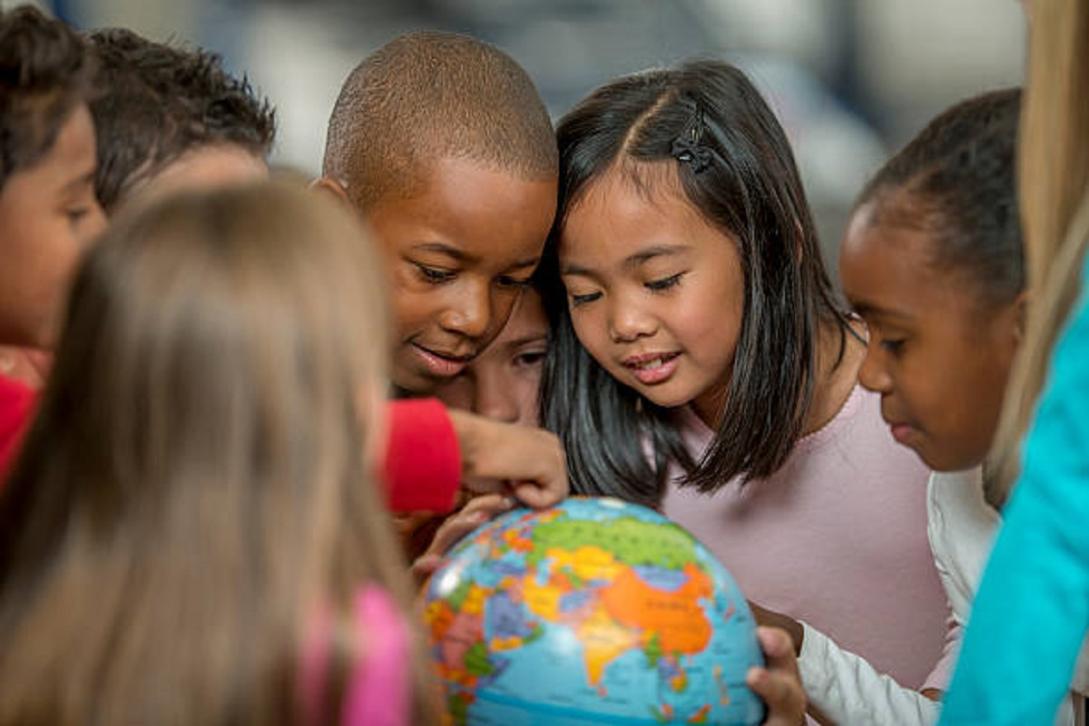World Children’s Day – Leaving no child behind

‘Every child, regardless of its background, origins, socio-economic status, race, gender, sexual orientation or abilities has access to the exactly the same set of rights and protection.’
Joint Statement by the High Representative of the Union for Foreign Affairs and Security Policy and the European Commission on World Children’s Day
- 1 in 4. children under the age of five officially do not exist as they have no official birth registration
- 160 million. children worldwide were in child labour in 2020
- 1.6 billion. children worldwide were affected by school closures during the COVID-19 pandemic
Source: UNICEF
The situation of poverty and social exclusion that millions of children around the world are living in creates impactful and lasting consequences for all. Humanitarian aid and investment in education, as well as the support in ensuring the safety of minors and promotion of their well-being, is fundamental to breaking these cycles, particularly in a post-pandemic context where challenges caused by climate change further increase.
‘The EU has made the prevention of grave violations against children affected by armed conflict, their effective reintegration and safe schools and communities a priority.’
Joint Statement by the High Representative of the Union for Foreign Affairs and Security Policy and the European Commission on World Children’s Day
The presence of children in scenarios of armed conflict is devastating for their development and access to basic rights and, regrettably, it is still a reality today. In Ukraine, 5.7 million school-age children are at risk, on top of Ukrainian children refugees. Intolerable abuse against children in conflicts around the world must stop, and the EU has made the prevention of grave violations against children affected by armed conflict, their effective reintegration and safe schools and communities a priority.
The EU Member States have joined resources to ensure the present and future development of Ukrainian children, by facilitating their access to education. Through the School Education Gateway platform and EU Education Solidarity Group for Ukraine, the EU is providing information and educational support to ensure students inside Ukraine, and newly arrived in EU Member States can access online educational resources in Ukrainian.
Supporting education worldwide has been and will always be a priority for the EU: its commitment extends to approximately 100 countries, working with partner countries and organisations since the beginning of the pandemic to minimise the impact on learning and well-being of children. A set target has been established of 10% of EU’s humanitarian aid earmarked for education in emergencies, and 10% of overall funding under the Global Europe to education.
Moreover, the EU has a zero-tolerance policy on child labour. This is why the EU has been vocal in supporting and giving visibility to the 2022 Durban Call to Action on the Elimination of Child Labour to end child labour in all forms by 2025. Earlier this year, the EU signed a EUR 5 million programme with the Joining Forces alliance to help eliminate the worst forms of child labour in Burkina Faso, Madagascar, Malawi and Mali.
Digital tools have demonstrated their potential in ensuring access to information and to education, however they may also represent threatening forums of discrimination towards the youth, putting at risk their well-being. The EU’s recent adoption of the Digital Services Act is also a big step ahead in this regard. By setting strict requirements for digital platforms to protect minors online, and by banning advertising and potentially harmful algorithmic content that targets children, it will help create a safer digital space.
Through programmes like Global Kids Online and projects like Disrupting Harm, UNICEF is also helping build the evidence base on children’s digital rights to help us understand how the digital transformation of society is influencing children’s lives and well-being.
HR/VP Josep Borrell and European Commission highlight in the joint statement the ‘pivotal role children and young people play as agents of change’. Acknowledging the need to involve children and the youth in decision-making, the EU launched the EU Child Participation Platform in September this year. It is particularly relevant to include youth to debate topics of their concern in the present, as well as on finding solutions to tackle challenges, such as climate change, which will have a bigger impact on the younger generations. Moreover, to ensure the commitment to strengthen the engagement with youth worldwide, the first Youth Action Plan in EU External Action has also been launched.
Simple actions can change the world
Creating a positive lasting impact can start with simple actions. This year’s UNICEF campaign to mark World Children’s Day follows this motto and showcases stories of children around the world who have experienced gestures that made them feel included. Learn more about the campaign #IFeltIncluded.
The European Union will continue working together with its partners in a joint effort to apply a comprehensive approach: development cooperation, political dialogues, human rights, social and trade policies, providing support to partners to deliver on social protection and quality education, and ultimately create a more inclusive scenario for all children.





